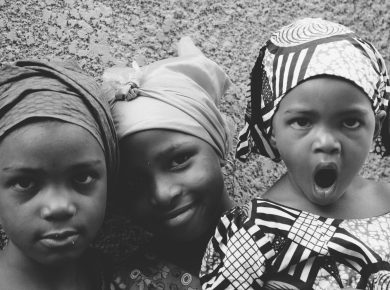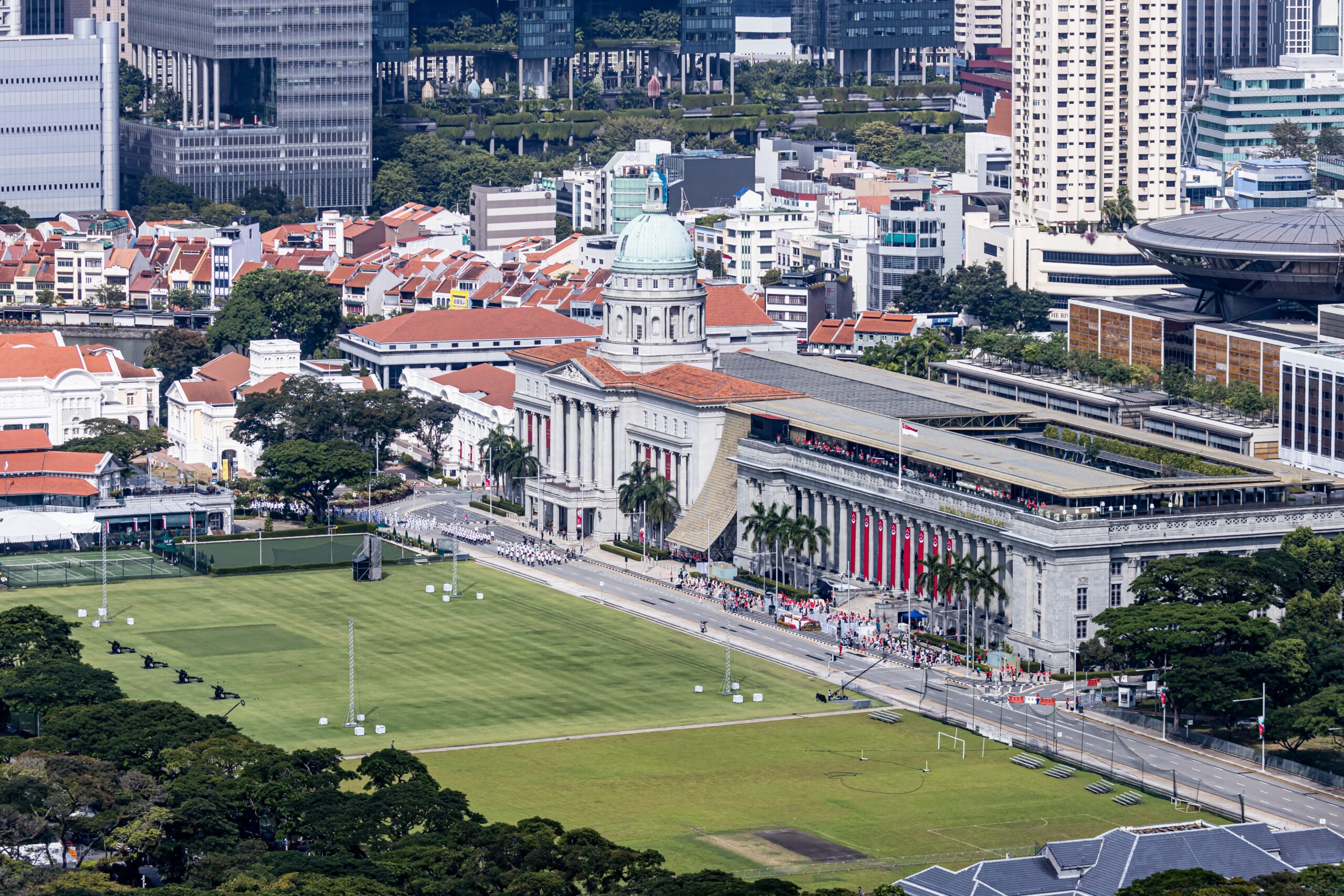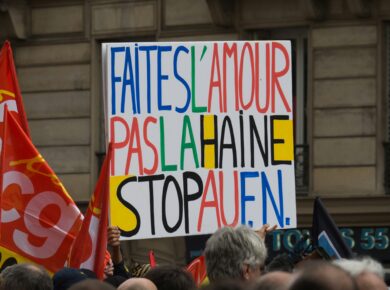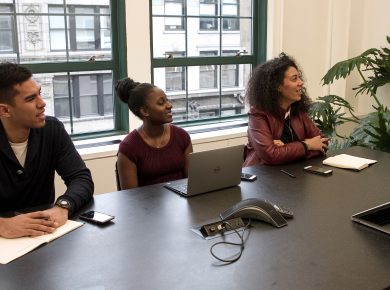Political Science has been a dynamic business environment around the world. It is designed to provide exceptional cutting-edge knowledge for School and Open and Distance Learning, suited for Political Science programmes.
The programme is designed to provide functional, cost-effective, flexible learning, adding lifelong value to quality education for all seeking knowledge.
The following course contains codes, titles and units that will help the students to understand the number of compulsory courses to pass per semester and lecturers to know the kind of units to teach the students. Students are expected to choose one 1 out of the two available electives.s
OUTLINE OF COURSE STRUCTURE
Minimum duration of the BSc. The degree in Political Science Programme is four years of eight semesters and a maximum of eight years (of sixteen semesters) under the flexible mode of study.
POLS 111 3C BASIC ELEMENTS OF GOVERNMENT
This involves discussing the basic elements of government, such as the nature and scope of politics. The comparison of political science with other social science subjects is part of the focus of this course. Topics such as power, authority, political culture, and political socialisation are some of the wide topics to be extensively looked at.
POLS 121 3C INTRODUCTION TO POLITICAL SCIENCE II
Concepts such as fundamental human rights, the rule of law, representative government, political participation, delegated legislation, and citizenship. Feudalism and electoral behaviour types of court are extensively and critically analysed.
POLS 112 3R AFRICA UNDER COLONIAL RULE
Africa under Colonial Rule concerning French and British Colonial Policies. The reasons for colonialism and the partition of Africa are discussed. The meaning of Colonialism and the various resistance to colonial rule are also discussed.
A deeper analysis of the French and British colonial policies is undertaken. The two policies are thereby compared.
POLS 112 3R AFRICA UNDER COLONIAL RULE-II
Africa under Colonial rule with special reference to Portuguese, Belgian and Spanish Colonial Polices, all earlier topics – POLS 112 AD and a deeper analysis of the Belgian, Portuguese and Spanish Colonial Politics. The three are also compared.
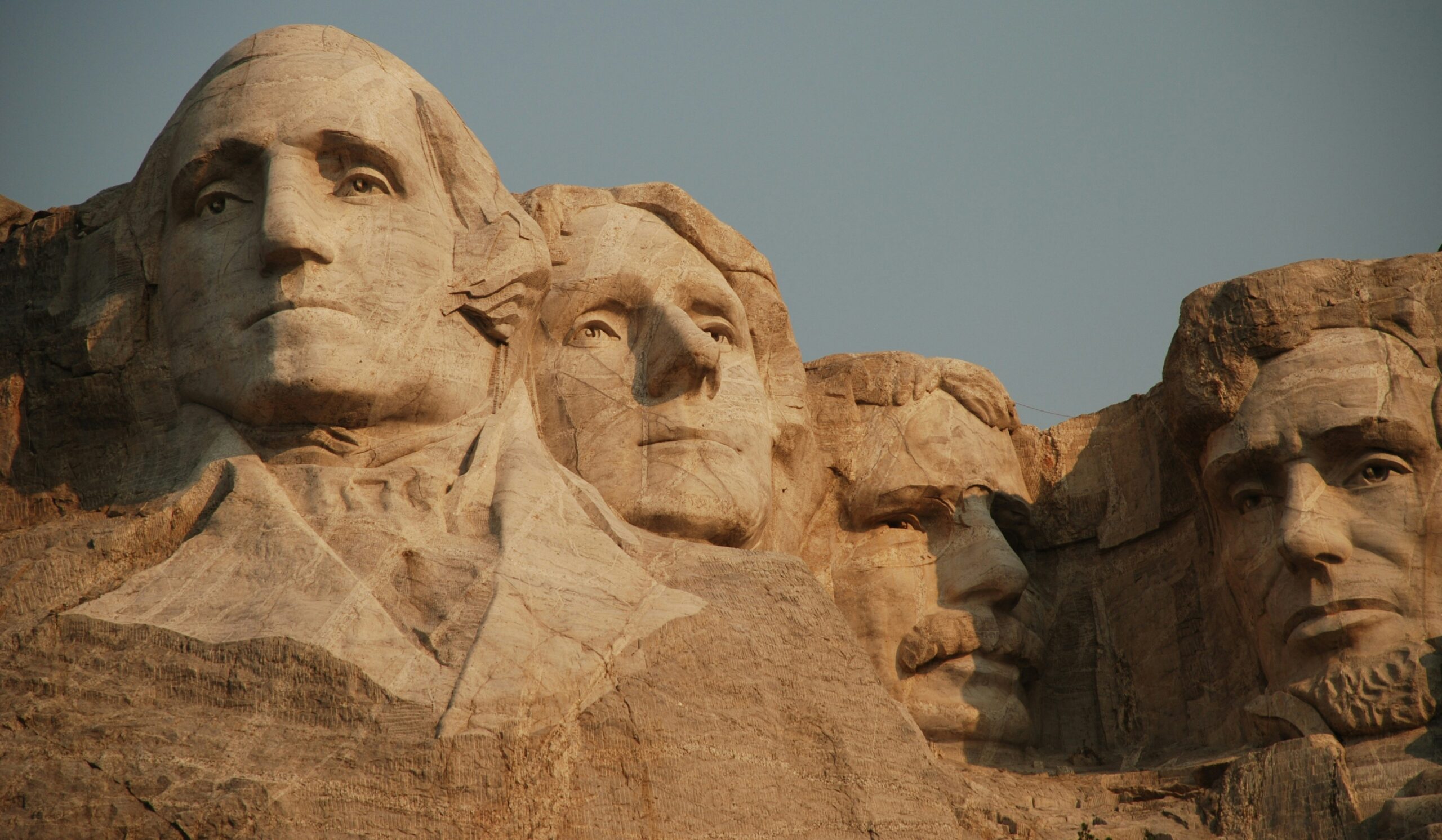
POLS 122 3R CONST. DEVELOPMENT IN LIBERIA AND SENEGAL
Constitutional Development in West Africa concerning Liberia and Senegal. The course looks into the cause of colonialism and the rise of nationalist movements. It also looks at the various constitutional Developments in Liberia and Senegal are extensively discussed, analysed and compared.
POLS 122 3E CONST. DEVELOPMENT IN GHANA AND GUINEA
All earlier topics in 122 and the various constitutional developments in Ghana and Guinea are extensively discussed, analysed and compared.
POLS 124 POLITICS AND LEGAL SYSTEM IN NIGERIA 3R
Sources of the Nigerian Legal System. Nature of Nigerian Legal System, Practice of Law and the Rule of Law in Nigeria. Independence of the Judiciary, Human Rights in Nigeria, and the Nigerian Prison Service.
POLS 113 3C NIGERIA GOVERNMENT AND POLITICS 1966 TILL DATE
Various issues in Nigeria’s government and politics between 1966 and to date are the focus of this course. The course also examines the approaches to the study of politics, party politics and systems.
The revenue allocation, military politics and examination/comparison of Nigeria’s first, second, and third republics. The recipe for democracy in Nigeria is also examined.
POLS 212 3C POLITICAL THEORY
Classical to Medieval Age. This involves the study of classical and Medieval thinkers, e.g. Plato, Aristotle, Thomas Aquinas, St. Augustine, up to Machiavelli. Emphasis shall be on their ideas and contributions to political philosophy with particular reference to the impact of their ideas.
POLS 324 3R POLITICAL BEHAVIOUR
The study and measurement of various determinants of political behaviour, political socialisation, political culture, political participation and apathy. Electoral behaviour, public opinion, and political comment.
POLS 214 3C POLITICAL SCIENCE METHODOLOGY
A review of the teaching of political science/government in Secondary Schools. Problems of teaching political science/government.
Organisation of courses in political science; preparation of schemes of work and lesson plans; different methods of teaching political science. Visual aids and techniques of teaching political science, use of textbook resources and techniques of evaluation, etc.
POLS 211 3C MILITARY IN POLITICS
Theories of military intervention in politics; military interventionism in the third world with particular reference to Africa and Nigeria.
Military disengagement, incidence of civilisation of military heads, etc. Varieties of civilian control of the Military and military-industrial complex. Military extractive tendencies.
POLS 323 3R POLITICAL PARTIES AND PRESSURE GROUP
Definitions, Functions and Structure of Political Parties: Growth and development, organisation, party system, zero party, one party.
Two-party and multi-party systems in Africa and democratic and communist countries of the West and East. Types of Pressure Groups, methods used by pressure groups, determinants of pressure group success, etc,c. are studied.
POLS 222 3C INTRODUCTION TO INTERNATIONAL RELATIONS
The organisation of the International Society, Theory of coalition and alliances, Basic concepts and theories of International Relations. Power, Conflict, Accommodation, Systems theories, theories of coalitions and Alliances, models, Games and Simulation.
POLS 213 3C THEORY AND PRACTICE OF ADM
Evolution of Administration organisation theory, classical through the neoclassical to the modern; relation of administration to politics and the political process.
Administrative behaviour in various institutional settings; Interplay of political institutions and administrative patterns of behaviour, study of personnel administration decision making in bureaucratic organisation.
POLS 221 POLITICS IN AFRICA 3R
The nature of African politics, the origins and problems of African politics, and the problems of Colonialism. Neocolonialism succession to power, military rule, etc. Africa and the colonial metropolis, Africa in International Affairs.
POLS 311 INTRODUCTION TO POLITICAL RESEARCH 3C
Political Science and the scientific method, Introduction to Research Methods in Political Science. The Logic of political inquiry and the Language of variables: introduction to Problem formulation.
POLS 313 POLITICAL THEORY MODERN AGE 3C
The study of thinkers like Hobbes, Locke, Rousseau, and Jeremy Bentham. J.S. Mills, Edmund Burke, etc. With special reference to the impact of their ideas on modern governments in particular and political philosophy in general.
POLS 312 LOCAL GOVERNMENT 3C
An examination of the theoretical base of different local government systems (British, French, American, etc). Features of devolution and de-concentration, growth and development of local government in Nigeria, finance, control, the central-local government relationships, etc.
POLS 321 FOREIGN POLICIES 3C
History of Western foreign policies; policies, politics of 18th and 19th century Europe. Contemporary global system, instruments of policy,s, diplomatic, propaganda, etc., policies of Britain, France, Germany, Russia, etc.
POLS 328 NIGERIA AND COMPARATIVE PUBLIC ADMINISTRATION 3R
Comparative analysis of private-large scale organisation and public (State Administrative Organisation.
Of public administration in Federal and Unity States; of State bureaucracies and State parastatals; of public administration in selected countries. Liberal democracies, communist systems and 3rd world.
POLS 323 COMPARATIVE POLITICS 3E
The logic of comparative politics approaches to the study of comparative politics, the strategy of across-system theorising, problems of comparative public etc.
POLS 325 NIGERIAN FOREIGN POLICY 3E
A study of dominant trends in Nigerian Foreign Policies since independence, showing both the domestic setting on the international environment.
The impact of civil war, Nigeria’s relative economics and commitments as a regional power in Africa. Problems of relatives with immediate neighbours are also examined.
POLS 314 PUBLIC ADMINISTRATION – NIGERIA 3E
Ecology of Nigeria, Public administration, the service, financial administration, public administration, politics of financial administration.
POLS 213 THEORY AND PRACTICE OF ADMINISTRATION 3C
Evolution of Administrative Organisation Theory from the classical through the neo-classical to the modern. The relation of administration to politics and the political process.
Administrative Behaviour in various institutional settings, the interplay of political institutions. Administration patterns of behaviour study of personnel administration, decision-making in bureaucratic organisations.
POLS 224 INTERNATIONAL ECONOMIC RELATIONS 3E
The course underlines the economic bases of the actions and reactions in international politics, drawing materials from international trade, commercial policy, capital movement, etc.
The role of the IMF, World Bank, and such monetary agencies, multinational enterprises and the national power theory of national boundaries, customs unions and currency areas.
POLS 223 POLITICS OF UNDER DEVELOPMENT 3R
A systematic and theoretical study of the political and socio-economic context of the problems of development and under-development. Dependency and international and internal economic structures, analysis of profound change.
Agents of change and constraints, and problems. Contingent on rapid socio-economic change with specific reference to post-colonial African states, by comparison with Latin America, India, etc.
POLS 225 – POLITICAL DATA ANALYSIS 2C
This course will expose the students to basic statistical tools relevant to handling political data, electoral results, census, etc.
Data description and characteristics, frequency distribution and graphic presentation, measures of Central tendency and variability. Methods of sampling. Introduction to computer programming.
POLS 314 PUBLIC POLICY ANALYSIS 3E
Concepts and Strategies of Planning, Programme of and Budgeting (PRBS), and basic techniques of network construction. Analysis examined descriptively and from the perspective of the administration system; cost-effectiveness analysis and antique.
POLS 411 INTERNATIONAL ORGANISATION 3C
This course delves into the development structures, functions and problems of international organisations. Leagues of nations, UNO, OAU, ECOWAS, EEC, IMF, NATO, OPEC, Non-aligned movements, etc.
POLS 412 POLITICAL ECONOMY 3R
The course exposes students to the political economy of new African states and the interdependence of Political Science and Economics.
Mode of development of States and processing of exploitation. Crisis of development and the new international economic order, and the food crisis.
POLS 421 PUBLIC ADMINISTRATION – NIGERIA 3C
An examination of the Development of Public Administration in Nigeria from 1914 till date. Various changes and stresses – Nigeria’s public administration is extensively discussed. Civil service, Field Administration, Personnel Management, and Local Government are also discussed and analysed.
POLS 422 AFRICAN POLITICAL THOUGHT 3C
Traditional political ideas – Pan – Pan-Africanism as represented by Diagno Blyden, Hoton, and Padmois. Some contemporary African thinkers, Nkrumah, Fanon, Nyerere, Senghor and Cabral. A nomination of concepts such as African socialism, Negritude, humanism and authenticity.
POLS 423 MARXISM 3E
The history and development of Marxism and the dialectical Materialism concepts of history. Marxism and State Marxism, and the economy are some of the topics for extensive analysis.
POLS 327 POLITICAL SOCIOLOGY 3E
The contributions of sociological patterns to the determination of central political processes in elite theories. Marxist theory, political change and political cultures; power, authority and legitimacy.
POLS 413 MILITARY AND STRATEGIC STUDIES 3E
An examination of military rule and its role in peacekeeping operations, international politics. Insurgency and counter-insurgency, objectives, contemporary development and strategic thinkers and strategic policies of the future.
POLS 424 PROJECT 4C
An essay of between 8,000 and 10,000 words, reporting the project of independent work on the topic either stipulated by the department or chosen by the candidate.
INSTRUCTIONAL GRADING METHODS
We are an online University that provides top-notch academic and professional programmes, which will create value for your future in the world.
Evaluation
All students would be evaluated at the end of each semester based on the following:
Tutor-Marked Assignments: The lecturer-marked assignments (LMAs) are multiple-choice questions that will be administered online during every semester. The LMAs carry 30%.
End of Semester Examination: The school conducts the end of each Semester examination. The examination’s overall scores carry 70%.
Master’s Degree (MSc) in Political Science
The master’s degree programme is designed to carry out further research on the knowledge and training the students have received in their first degree. The university’s department will prescribe the courses you will offer throughout your degree.
The courses will be selected from the courses in the first degree for further studies before the Master’s dissertation (Project). The topic of the project will be discussed with your assigned supervisor (s).
Minimum Tenure of the Programme
The tenure for the Master’s degree programme for Political Science is a minimum of four (3) Semesters full-time and 4 semesters for a part-time programme.
Evaluation of the MSc Candidates
The minimum units for graduation should be 30, including the dissertation/thesis. The average mark for the programme is based on grades scored in all the courses taken, including the project.
Examination grades in each course are recorded as percentage marks, and are interpreted as follows:
Doctor of Philosophy (PhD) in Political Science
The PhD programme shall normally not be less than 4 semesters (2 years) from the first date of registration.
Also, for this programme, a period of study originally approved for the 3-semester master programme may be accepted as satisfying a specific part of the period of study for the PhD.
In no circumstances, however, may a period exceeding 12 calendar months be waived for candidates. A programme is a combination of coursework work research.
Requirements for PhD
Candidates for admission to the programme shall possess the following:
- Those initially registered for the MSc or MPhil/PhD conversion programme of the department and who have obtained a total weighted average mark of at least 60% in the course examinations and projects at our university or any recognised university.
- Candidates admitted to the programme will be required to take certain courses at the 700/800 levels, as the case may be, in their areas of interest.
- Students are required to refer their research proposal to an examination panel as recommended by the department and give department seminars on their PhD research work.
Each PhD student shall present at least two seminars during his/her programme of study. The first seminar shall be presented at the research proposal stage, and the second shortly before the registration of the title of the thesis. The information is the same in other curricula.

